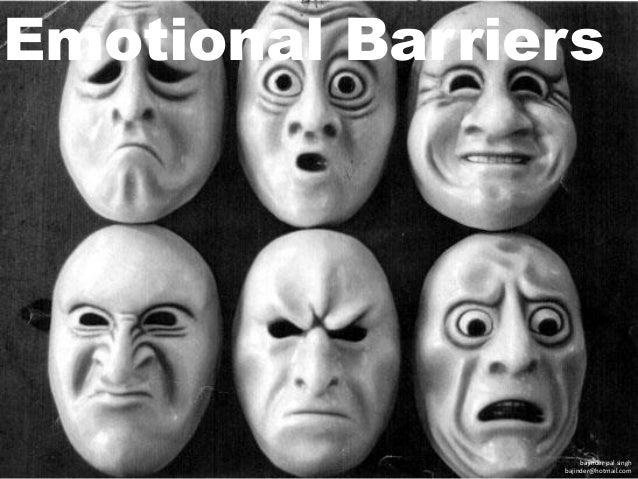That said, here are a few other interesting reads from the past month - moral posturing (probably) not included:
1 The amazing psychology of Japanese train stations. Featuring mood lighting and selective sounds. Reads as a little Orwellian but I’ve experienced it firsthand and didn’t have any bad experiences - except for a man watching something R 18+ rated on his phone (maybe the mood lighting was a bad idea?)
2. A great critique by Scott Alexander on the basic jobs guarantee - the new trend du jour. Beyond your basic economic arguments there’s a great section about how it would affect disabled people. As a psychologist by trade, he brings a very interesting perspective:
As long as you have a system whose goal is to separate the “truly” disabled people from the fakers, you’re going to run into problems like these. But refuse to gatekeep, and you have an unjust system where anyone who wants to lie can get out of work while their more honest coworkers are left slaving away all day.
If you’re abled enough to perform a government job, you’ve got to do it. Who decides if you’re abled enough? The Kafkaesque gatekeepers. And so we get the same bureaucratic despair, the same attempts to cheat the system, and the same perverse incentives.
3. Tyler Cowen argues for progress vs quality in the healthcare debate. I see this as one of the three pertinent problems for economics, alongside food and climate management. Too many predictions, I hear you say? I’m not the psychic statesman for nothing. (Desperate times abound.)
4. Bloomberg: e commerce costs are rising just as commercial real estate costs are falling. Honestly, I’m doubtful of the “falling rents” effects they mention being repeated elsewhere, but interesting nonetheless:
For the first time since the dawn of e-commerce, physical retail might find itself with some cost advantages over e-commerce firms.
For much of physical retail, there's the prospect of falling rents, making running a brick-and-mortar store more viable. For e-commerce, it's a surge in ad rates, or customer acquisition costs, plus shipping bottlenecks that will make "free shipping" more onerous to offer. And profit margins on an e-commerce sale were lower than the profit margin on an equivalent brick and mortar sale to begin with. All of this is happening when e-commerce is only around 10 percent of total retail sales. Presumably, these challenges will be even greater as that share grows.
5. And finally - this new digital economy is really forcing humans to diversify, wow. After this soccer coach had a cardiac arrest while abusing a referee for a wrong call, the referee saved his life with chest compressions. From the referee himself: “First I resurrected him, then I expelled him. I was doing my job.” As my business professor would say - this is value add skills people!
¡LE SALVO LA VIDA!— joseborda (@joseborda1) April 24, 2018
En Argentina el árbitro Darío Cid le salvó la vida al técnico Luciano Susin quien sufrió un paro cardiaco, el colegiado que estaba capacitado para hacer reanimación cardiorrespiratoria intervino oportunamente pic.twitter.com/TOXoW40QlW
Until next time.
- The Peaking Statesman



